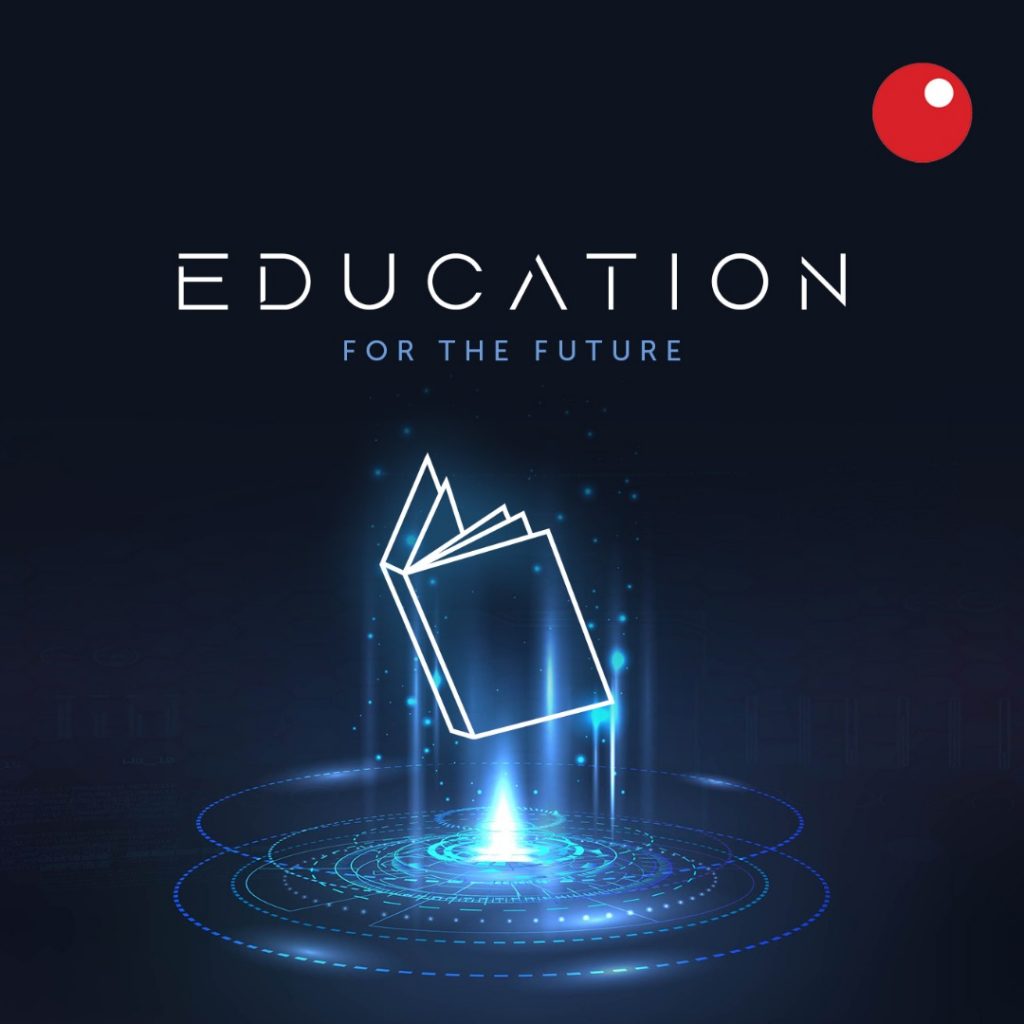
It was not strange that just at the announcement of the lockdown, a bulk of our attention was driven to how this pandemic could change the course of education forever. And our thoughts went out to the average Nigerian who would be negatively impacted by the hit.
While there is so much yet undone within the education sector of a third world country like Nigeria, the truth is that there are endless opportunities for the average Nigerian to build the system of our dreams. A robust system that will function from a pool of expertise, skill and money and in a special webinar on Thursday, the 14th of May, 2020, we will be discussing these untapped opportunities that abound for the funding of the schools of the future.
Many may wonder why we are deeply concerned about how children, most especially those from low income homes would fare but there is no better answer than the HEART of Sterling.
Our goal has been to give the Nigerian child a level playing field, irrespective of income status, when it comes to the education that they deserve and our numbers show what a remarkable progress we have made. But with increasing poverty rates that have been exacerbated by this pandemic, it is obvious that a lot of school children will most likely to be out-of-learning for a lengthened period and we have seen the need to do more.
While the covid-19 popularized home-schooling, a luxury for the rich, whose kids and wards attend top-tier private and foreign-affiliated schools, the vast majority of underprivileged children cannot afford this. Worse still is the fact that children from illiterate homes cannot enjoy this because they are not technologically aware of the possibilities that exist and even if they were, it is beyond their reach.
The slow rate of academic transformation in Nigeria is lamentable with outdated lecture-based approaches to teaching, educational biases and a restriction to classroom learning, which has drastically reduced over the years in advanced nations.
Some argue that COVID-19 might have become the much-needed catalyst for educational innovation in Nigeria but on the other hand, let’s not forget that it might have also widened the equality gaps as well. With increased data costs and reduced economic activities, a new challenge of ‘under-education’-a situation where some are more educationally exposed than the rest, has been introduced.
But who can fix this? How can we build these schools of the future?
It has become obvious that we can no longer wait for the country to fix itself. It is time for practical Public-private educational partnerships. In China, for instance, the Ministry of Education is working with private-sector professionals to develop a cloud-based online-learning platform while upgrading their education infrastructure. Remember that at the forefront of the 5G technology is China and this would override data issues and even reduce cost implications.
Another laudable example is Hong Kong who is in partnership with more than 60 educational bodies, publishers, media professionals, in order to provide educational materials ranging from videos to books, workbooks and even educational counseling for free to their citizens. The plan is even extended post-covid.
A cue from these nations is enough to spur us to action because our children may not be able compete favourably if nothing is done. In the meantime, provision of home access to free wifi will be a welcome intervention.
It’s time to walk the talk!










